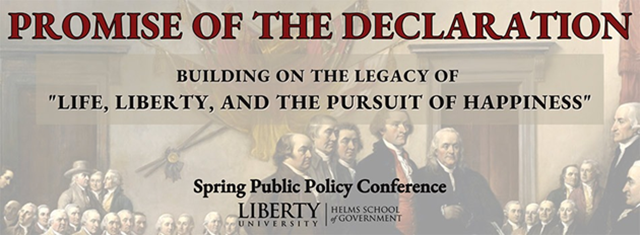Location
Cultural & Social Challenges
Level of Education
Undergraduate
Keywords
Politics, Social Influence, Democrats, Republicans, Radicalism, Social Behavior
Abstract
Ask anyone who is politically active what they believe to be the biggest problem in politics today. More often than not, Americans tend to blame the failing parts of society on the stubbornness of the opposing political party. This generally opens up the floor to asking questions about whether individuals are willing to listen to members of the opposing party discuss their points of view, and unfortunately, many will choose not to listen at all, having already decided that they are wrong and there is no possibility of coming to a middle ground between the two points of view. People adopt a “my way or the highway” approach to politics. Because society is becoming more obviously political, with politics finding a way to imbue itself into every aspect of society, there is a deepening divide between those who identify as Republicans and those who identify as Democrats. This division, should it continue to grow, could ultimately lead to the complete division of the nation and the possibility of a second American Civil War. So why do people tend to choose not to compromise? This research paper looks to analyze this issue of political compromise in America, and strives to understand what is keeping people from coming to a middle ground on American politics. In its essence, the question is being asked: Why do people choose not to compromise in politics, and how can the nation be brought back to a place where there is a common starting point, even if the end points are different? By analyzing research and literature on the deepening political divide in this nation, as well as looking at different voting demographics and the patterns and traditions that stick to the voting process, this author hopes to ultimately debunk the idea that America is beyond the point of saving, and answer the question of where people need to come together in order to solve the political polarization of all American society.
Included in
American Politics Commons, Other Social and Behavioral Sciences Commons, Peace and Conflict Studies Commons, Politics and Social Change Commons, Regional Sociology Commons, Social Influence and Political Communication Commons, Social Statistics Commons
Political Compromise in America: Why Are Americans So Politically Divided And What Can Be Done To Prevent A Fractured Nation
Cultural & Social Challenges
Ask anyone who is politically active what they believe to be the biggest problem in politics today. More often than not, Americans tend to blame the failing parts of society on the stubbornness of the opposing political party. This generally opens up the floor to asking questions about whether individuals are willing to listen to members of the opposing party discuss their points of view, and unfortunately, many will choose not to listen at all, having already decided that they are wrong and there is no possibility of coming to a middle ground between the two points of view. People adopt a “my way or the highway” approach to politics. Because society is becoming more obviously political, with politics finding a way to imbue itself into every aspect of society, there is a deepening divide between those who identify as Republicans and those who identify as Democrats. This division, should it continue to grow, could ultimately lead to the complete division of the nation and the possibility of a second American Civil War. So why do people tend to choose not to compromise? This research paper looks to analyze this issue of political compromise in America, and strives to understand what is keeping people from coming to a middle ground on American politics. In its essence, the question is being asked: Why do people choose not to compromise in politics, and how can the nation be brought back to a place where there is a common starting point, even if the end points are different? By analyzing research and literature on the deepening political divide in this nation, as well as looking at different voting demographics and the patterns and traditions that stick to the voting process, this author hopes to ultimately debunk the idea that America is beyond the point of saving, and answer the question of where people need to come together in order to solve the political polarization of all American society.



